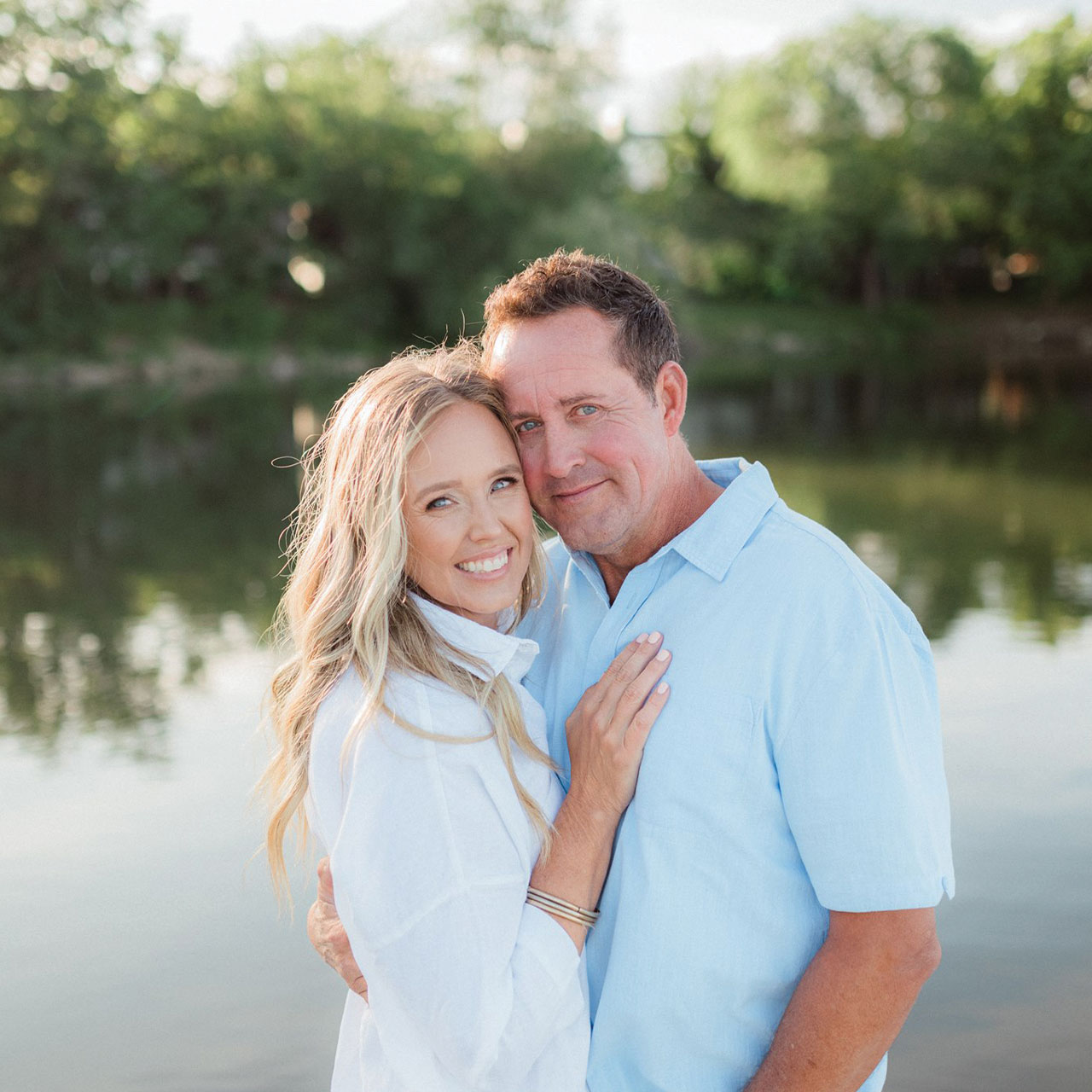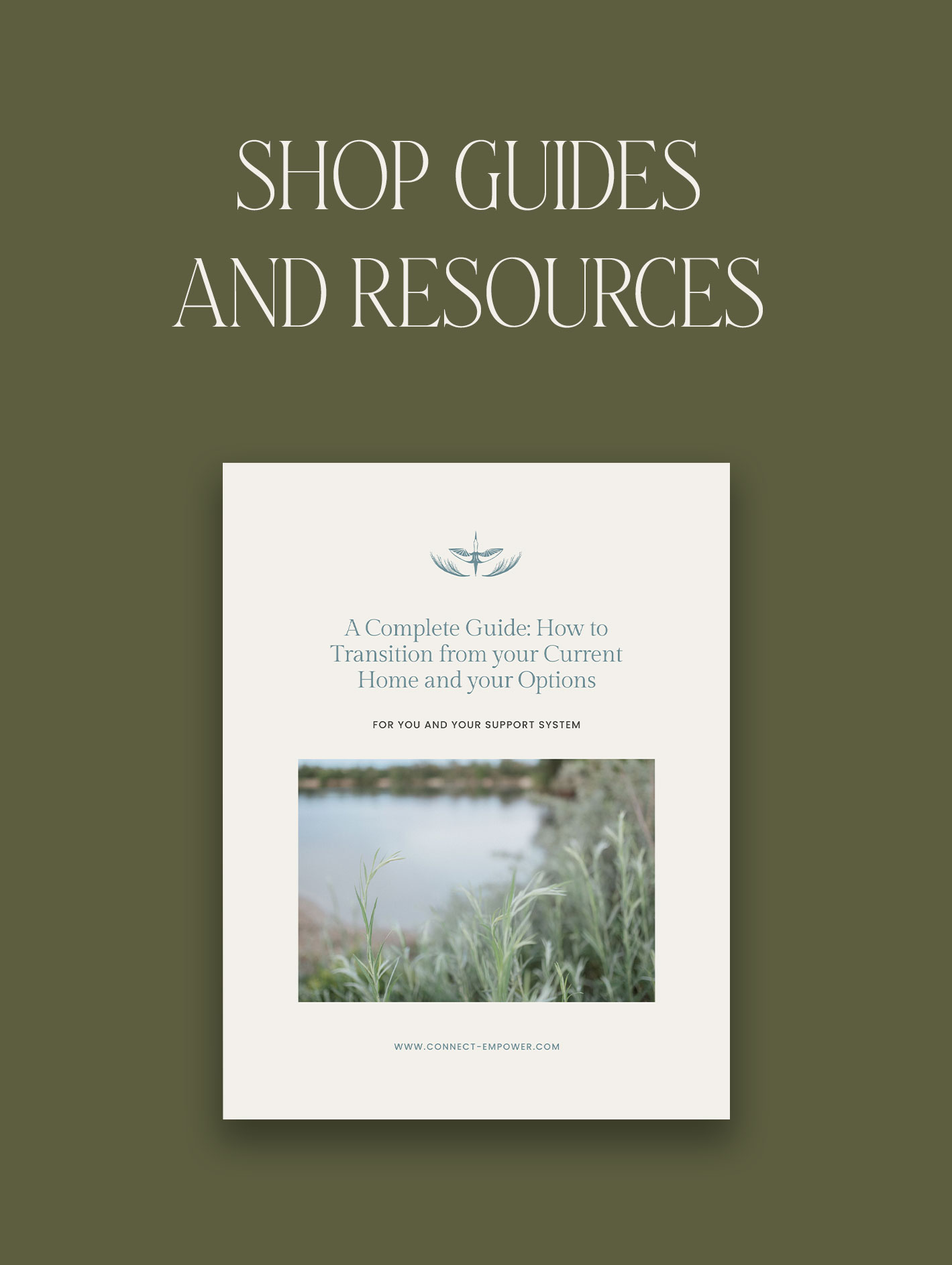
As we grow older, our well-being, becomes paramount. We talk with legal expert Rachel King and dove into the critical issue of elder abuse, providing invaluable advice on safeguarding our elderly from financial, emotional, and physical harm. Let’s explore Rachel’s professional evolution and extract essential lessons from her discussion.
Rachel’s Path: From Family Law to Championing Elder Rights
Initially embarking on a career in family law, Rachel King’s professional journey took a significant turn towards elder abuse law. Her transformation was fueled by her encounters with older adults who were mistreated and exploited. Today, Rachel stands as a formidable defender of the elderly, utilizing her deep-seated knowledge and compassion to fight against elder abuse.
Strategies to Prevent Elder Abuse
• Foster Open Communication: Regularly engage in transparent discussions with elderly relatives about their financial health and personal well-being. Encourage them to voice any concerns or unusual occurrences they encounter.
• Build a Supportive Community: Ensure that older adults are surrounded by a caring network of relatives, friends, and caregivers. This community can provide additional vigilance and a safety net against potential abuses.
• Secure Legal Safeguards: It’s crucial to establish and maintain up-to-date legal documents like powers of attorney and advanced healthcare directives, assigning decision-making to trustworthy individuals.
• Monitor Finances Closely: Keep an eye on financial statements and transactions to spot any irregularities or signs of exploitation. It’s advisable to include a reliable family member or financial advisor in overseeing these financial aspects.
• Act on Suspicions of Abuse: Should you suspect elder abuse, report it immediately to entities like Adult Protective Services or the police. Prompt action can avert further abuse and uphold the senior’s rights.
Engaging with Empathy and Respect
When addressing sensitive issues such as elder abuse, it’s vital to converse with older adults respectfully and empathetically. Recognize their independence and consider their opinions in all decisions. By nurturing a supportive and empathetic environment, we pave the way for fruitful discussions and cooperative problem-solving.
Protecting our elderly is a shared duty that demands vigilant, compassionate action. Let’s collectively strive to protect the dignity and safety of our older population.
If you enjoyed this conversation with Rachel as much as we did, check out her Website & Instagram
Don’t forget to share with your friends the tips you learned and check out our other episodes!
John & Erin






